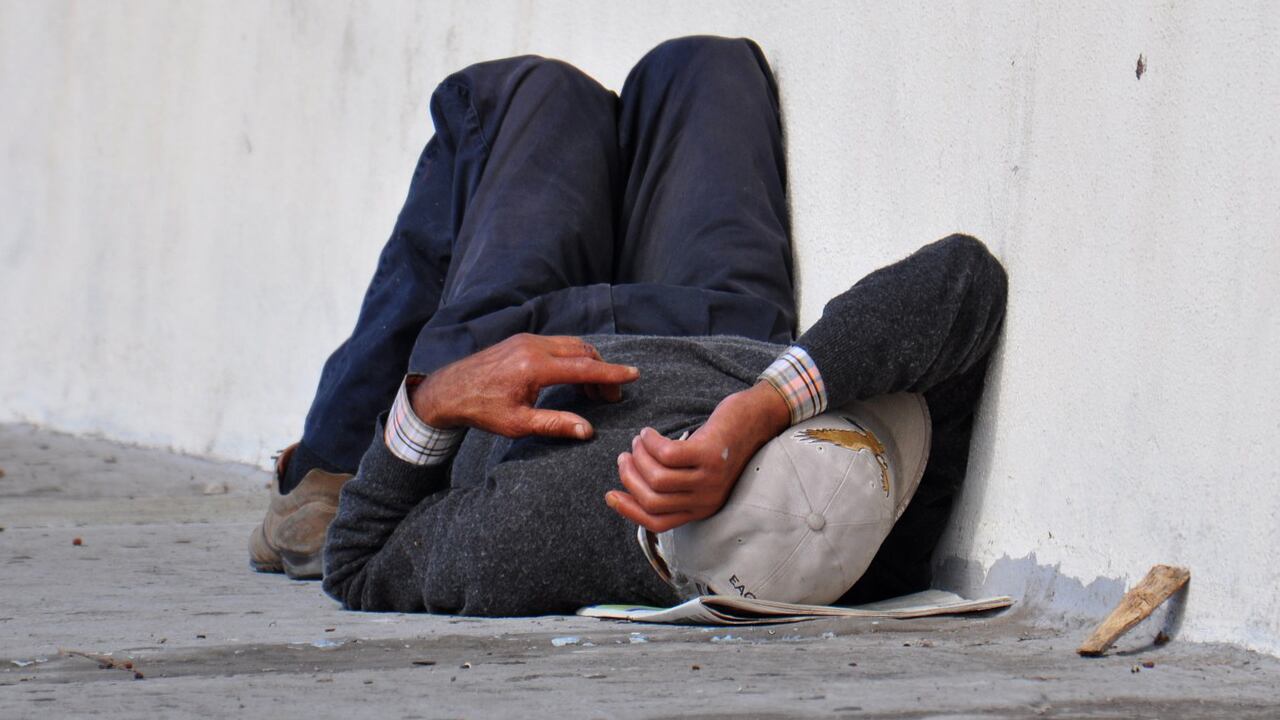Homelessness may be Seattle's most visible and vexing problem, and a year to the day after Mayor Ed Murray declared a civil emergency, it only seems to be worse.
In a Wednesday interview with KIRO 7, Murray gave two reasons: the growing housing affordability crisis and the opioid epidemic.
Watch the full interview below:
"The estimate is that half of the people who are addicted to opiates are homeless. And about 80 percent of the folks in our unauthorized encampments are addicted to opiates. That crisis continues to grow," Murray said.
The mayor has increased funding 40 percent for homeless services, from $40.8 million in 2015, to a proposed $56.3 million in 2017, and pledges to only send money to groups demonstrating real progress in moving people to permanent housing.
"We can't continue just to fund things because it feels good or it sounds good. We're going to have to make some tough choices," Murray said.
KIRO 7 has called attention to tents blocking sidewalks and even pitched in ball field end zones.
"We are telling them to move," Murray said. "The law says you can't block a sidewalk."
Murray said when people camp in other areas, the city will keep trying to offer services.
"When it comes to our parks and sidewalks, it's a struggle," Murray said. "But I want to be clear, that's not an area where we're going to continue to allow this to happen."
The mayor said a new group of police officers will focus on homelessness to both enforce the law and get people help.
Murray remains particularly concerned about the estimated 500 families homeless at any given time who have young children.
"I want to be sure every family with small children is housed in this city," Murray said.
Murray wants that goal met by the end of 2017.
Cox Media Group






